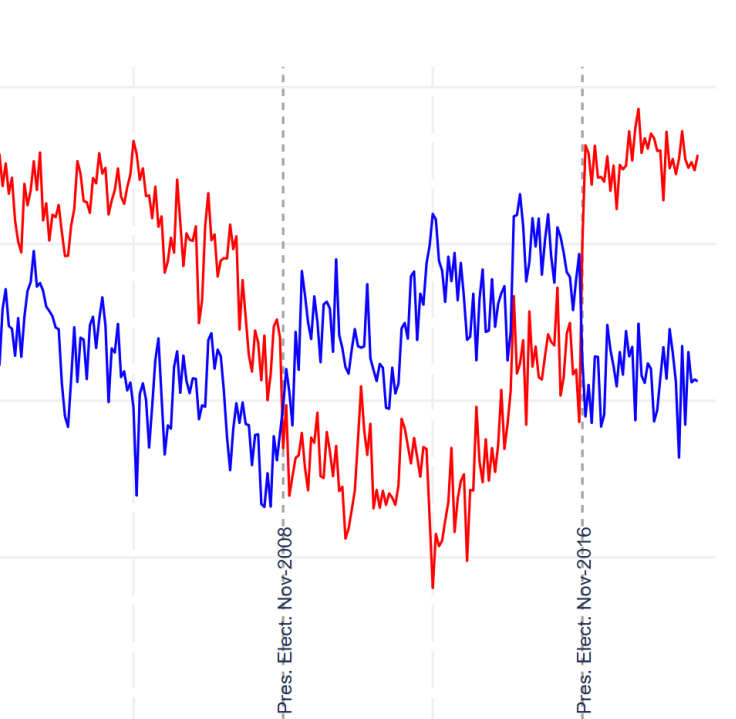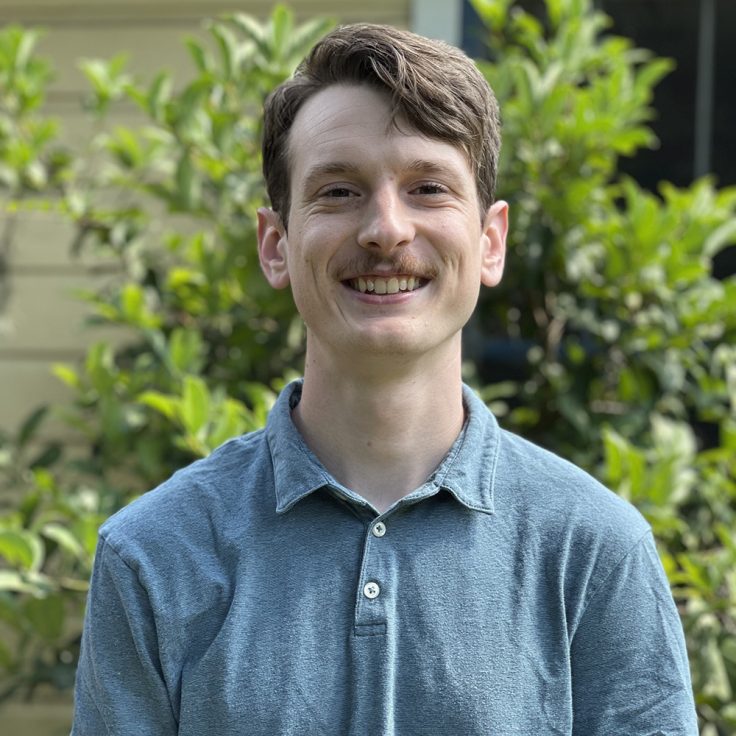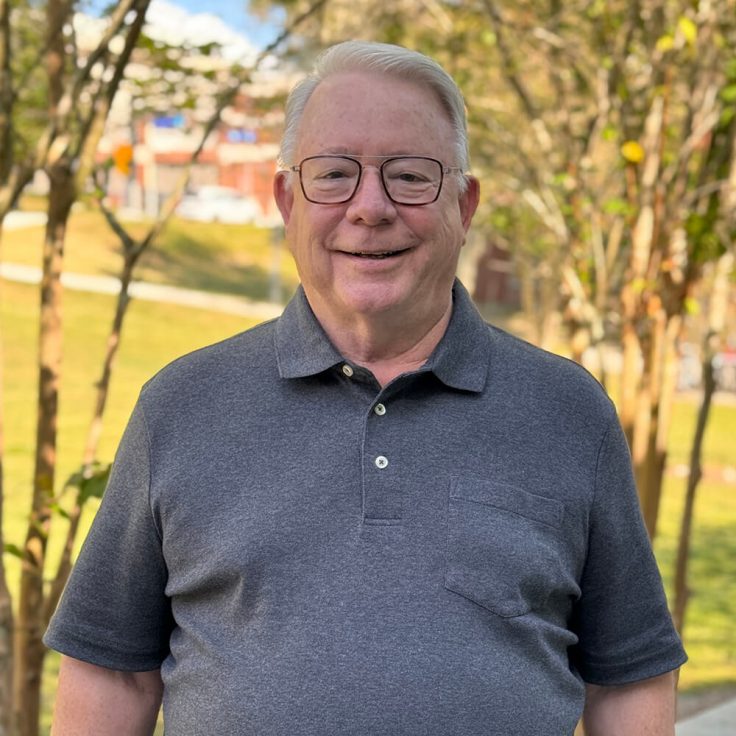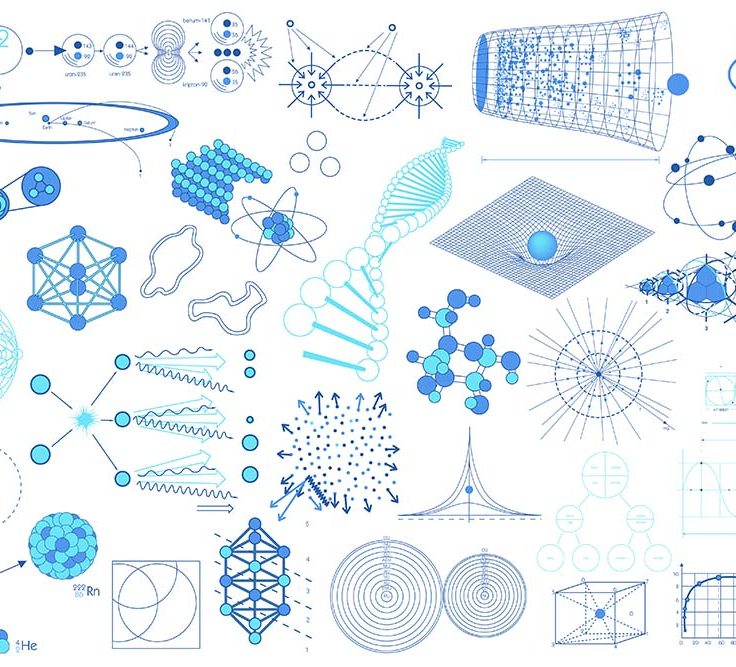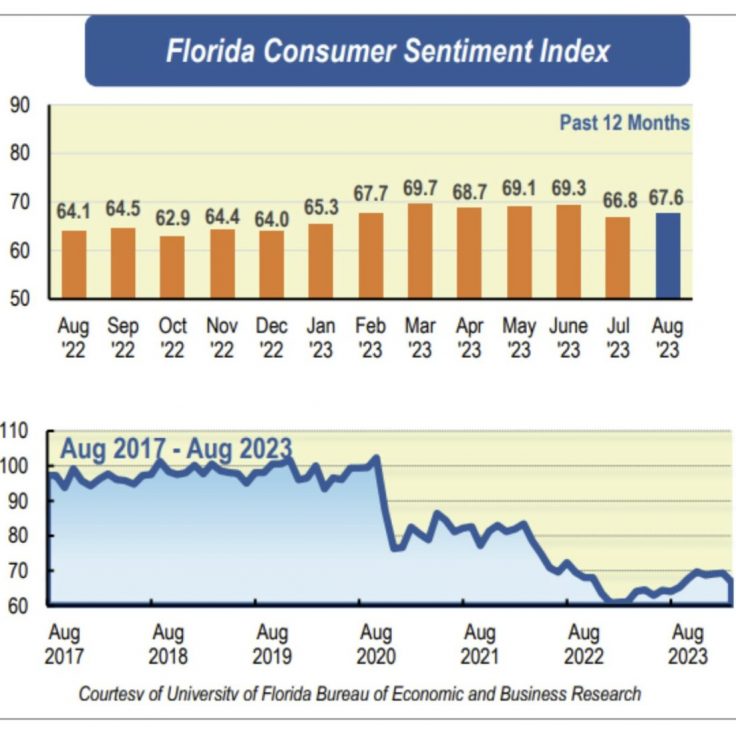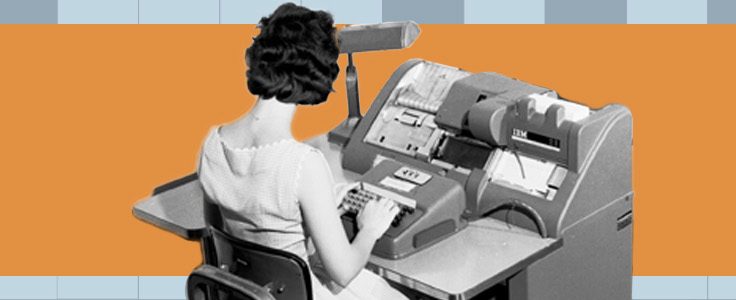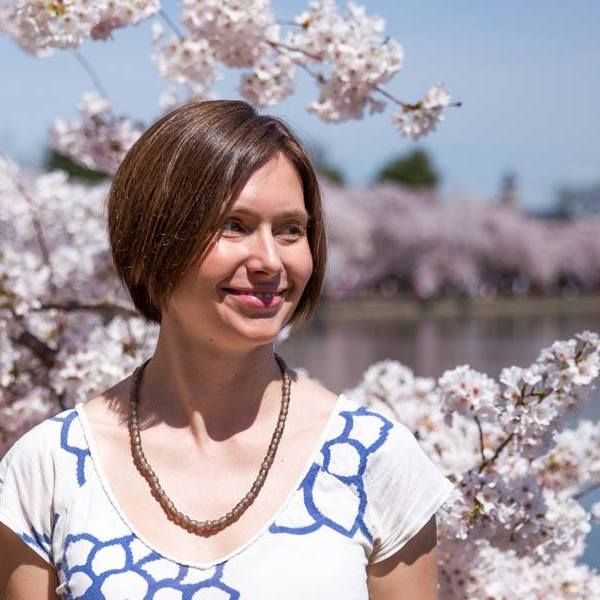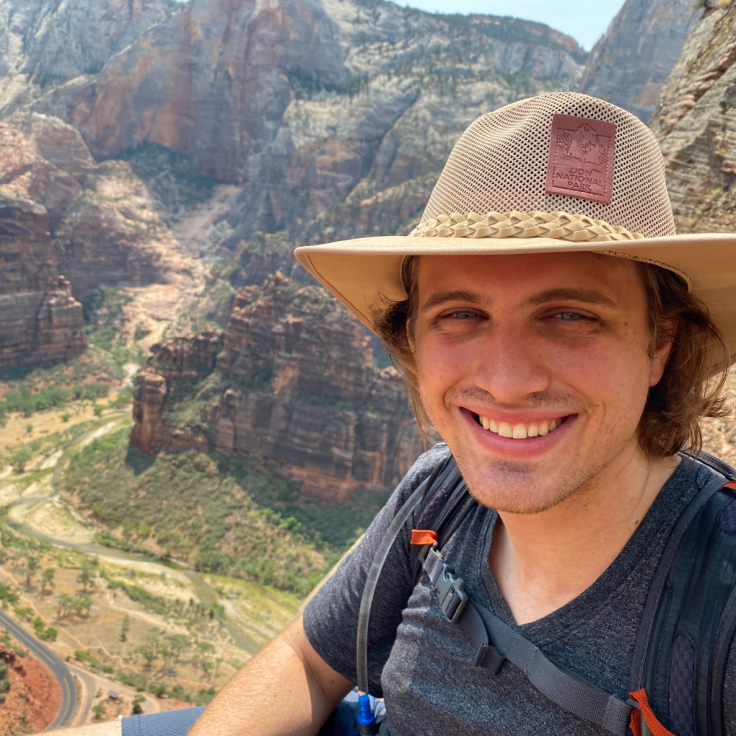Uncategorized
New study finds a significant relationship between partisan politics and consumer sentiments
Hector Sandoval’s findings reveal that Floridian consumers exhibit greater confidence about economic conditions when their favored political party is in charge
UF announces 10th Gates Cambridge Scholar
Maddie Ross, a biochemistry student, has become the University of Florida’s 10th recipient of the Gates Cambridge Scholarship.
New book challenges ideas about 20th century Black feminism
Cinnamon Williams shares information about her award-winning authorial debut.
The qualities that are more attractive than our looks
Greg Webster helps describe the personality traits that make us more attractive
Student Awards
A collection of recent awards and achievements recognizing the academic excellence of our students.
Faculty Awards
A celebration of awards and grants awarded to the department’s faculty.
A Generous Gift Boosts Activities in Theoretical Physics
Theoretical physics aims to answer the most fundamental questions: the origin of the Universe, the structure of elementary particles, the properties of matter at the level of atoms and molecules, the statistical properties of large ensembles of particles, and more.
Graduate Student Profile: William Ortolá Leonard
Amidst the myriad experiences that define a graduate student’s academic journey, William Ortolá's path weaves a narrative of resilience, curiosity, and a commitment to unraveling the cosmic mysteries that have captivated him since adolescence.
Research Spotlight: Exploring Beyond the Hills of Higgs Potential Slope
We have learned that like-charges repel, opposite-charges attract. Then, how are so many like-charged protons confined in tiny nuclei? The answer is that they are held together closely by stronger forces that act between tiny subnuclear particles. When this pent-up energy is released, it can create a nuclear explosion, as depicted in the movie Oppenheimer.
Chair’s Letter
A message from Chair and Professor of Physics Steve Hagen.
How the keffiyeh – a practical garment used for protection against the desert sun – became a symbol of Palestinian identity
Armin Langer breaks down the history of this iconic piece of headwear, and how it has become a symbol of solidarity for Palestinians.
Florida consumer optimism inches higher as inflation declines
Hector Sandoval, an assistant professor in the Department of Economics, analyzes market trends in Florida, and discusses the impacts of inflation, tourism, and the recent Hurricane Idalia.
75 Years of Women’s History at UF
As we celebrate 75 years of coeducation at the University of Florida, we proudly recognize the remarkable achievements and progress made by women within our academic community. Over the years, our college and the university as a whole have witnessed significant milestones in women’s advancement. Join us as we honor those who fought for equality, […]
Ytori Spring/Summer 2023 Crossword Answers
Click here to play the interactive online version of the Spring 2023 Crossword
“As Time Goes By” Crossword
Enjoy an interactive version of our history-themed crossword puzzle!
Coastal Ecosystems Help Store Greenhouse Gases
Not all coastal environments are alike in how they capture and release greenhouse gases, but a new study published in Nature Climate Change provides the most detailed picture yet.
Chair’s Letter
A message from Chair and Professor of Physics Steve Hagen.
Research Spotlight: Featured Article – Wonder Materials at the Pencil Tip
What does the world look like when things become two-dimensional (2D), or flattened down? Two-dimensional (2D) materials have been attracting intense attention for decades. While the physical laws remain the same as in 3D, particle movements are restricted to two dimensions and electromagnetic fields can be bent, leading to completely different physical phenomena that cannot be achieved in the three-dimensional (3D) world. Physicists and engineers are intrigued because 2D materials offer a pathway to building devices that take minimal vertical space, as well as nanoscale transistors and sensors.
Research Spotlight: UF Astrophysicist Aids in Discover at the Heart of a Galactic Merger
A dark secret has been uncovered: Not one, but two supermassive black holes hide in the dusty chaos of a pair of merging galaxies. The colossal duo swirls together at the heart of the collision, a mere 750 light-years apart. While the distance may sound like a far stretch, this is the first time that […]
Graduate Student Profile: Alex Roman
Ever since watching NOVA documentaries as a child in Silver Lake, Michigan, Alex Roman developed a love for space and science. While at the New College of Florida, this love started to transform into a need to understand things for their own sake. As a graduate student at the University of Florida, Alex has developed an acute interest in machine learning (ML) with an overarching career goal of wanting to improve people’s lives.
